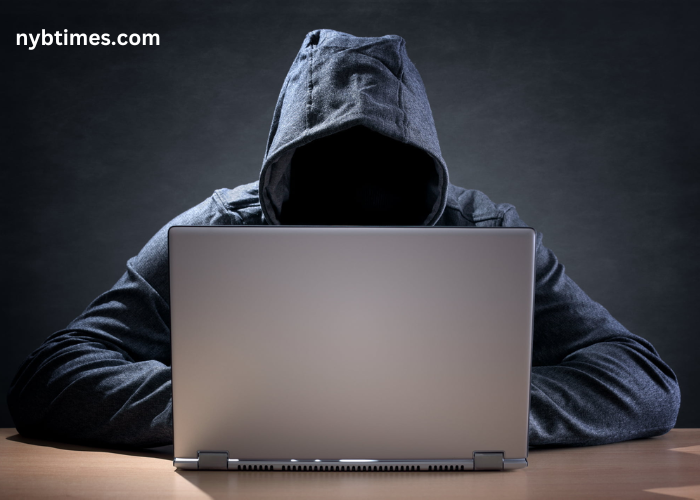Being accused of hacking can be a stressful situation. It can affect your reputation and interpersonal relationships. In New York, cybercrime laws are strict, and being falsely accused can impact various aspects of your life, including your future. Various activities cover hacking under New York state law, such as data theft, fraud, unauthorized access, etc.
Having to deal with hacking charges all of a sudden, especially when you have not done anything wrong, can be overwhelming. If you do not understand the laws and the legal process, you can get into trouble. Prosecutors are strict about such offenses, and if you do not take the right steps, such as collecting evidence, you could find yourself in a poor situation.
Given the stakes, it is important to have a skilled criminal defense attorney by your side. Working with a professional allows you to understand the laws as well as be aware of any possible mistakes that might occur. Meanwhile, read this article to understand how you can protect your rights if accused of hacking.
Understanding hacking laws in New York
Under New York penal law, hacking basically means getting illegal access to someone else’s computer systems. It can includes many types of actions, such as getting access to someone’s data without their permission and interfering with normal computer operations. Hackers can use harmful software to break into your systems and steal information.
Hacking is also considered a crime under federal laws. Key federal laws include the Computer Fraud and Abuse Act (CFAA). If you have unauthorized computer access to the government or financial institutions’ database, you can be booked under this federal law. The New York penal law has its own way of addressing computer crimes through various laws such as:
- Unauthorized Use of a Computer (Section 156.05): This law restricts you from accessing a computer network without permission.
- Computer Trespass (Section 156.10): This applies to individuals who intentionally entered into a computer system or remained there without authorization.
- Computer Tampering (Section 156.25): If you cause any data damage to the computer system, you will be booked under this section.
The penalties for hacking a computer network in New York can vary based on the severity of the offense. These can range from misdemeanors to felonies. If you have unauthorized access to a computer, however, cause no damage to the data, you will be charged with a class A misdemeanor. This means you can end up in jail for one year and pay fines of up to $1,000.
However, if you have changed the data or caused damage then you will be charged with a class E felony. You can go to jail for four years and even pay fines of up to $5,000.
What to do if you are accused of hacking
If someone has falsely accused you of hacking in New York then you should take an immediate steps to protect your rights.
-
Contact a criminal defense attorney.
If you are accused of hacking, find a qualified attorney who has good knowledge of cyber laws and experience in handling similar cases. A lawyer who specializes in this field can provide you with valuable guidance, gather evidence, and help you clear your name.
-
Avoid speaking to authorities without legal counsel.
If you are being investigated by police officers or investigators, you should avoid sharing information if your attorney is not present. Speaking without any legal representation can lead to misstatements and weaken your defense. These authorities can use your statements against you in court. Therefore, consulting with an attorney can help you protect your position.
-
Gather evidence.
It is very important to save relevant communication details and records as they can serve as crucial evidence for your case. Keep all emails and save data logs and system records that could prove your innocence.








Leave a Comment